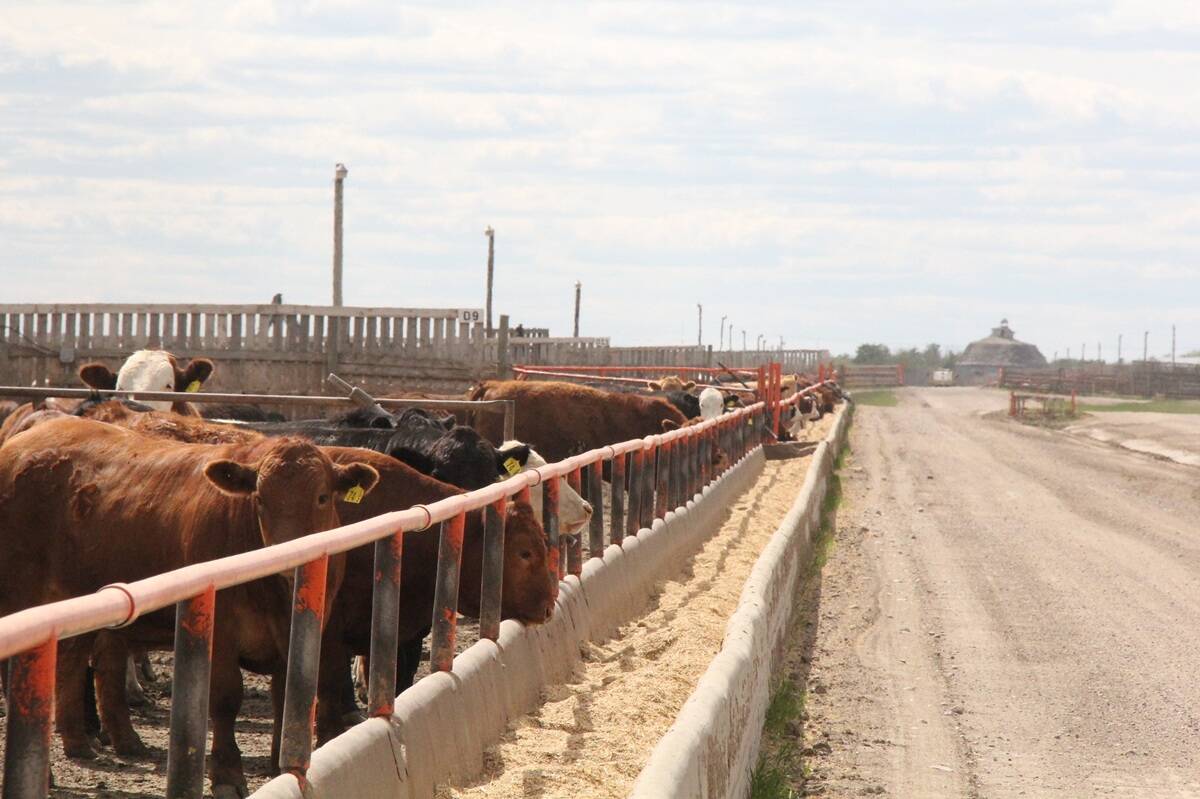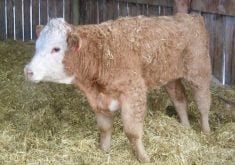How do preconditioned calves perform when mixed with auction animals?
That question sparked a study in 2020 at the University of Calgary’s faculty of veterinary medicine. Researchers found that preconditioned calves still outperform auction animals when mixed, and even when mixed at different ratios, such as 50/50, or three to one.
“This data was extremely overwhelming,” says Dr. Karin Orsel, a professor and researcher at the university.
Read Also

Unwinding the fibre in feedlot cattle diets
Research into how barley rolling method and undigestible NDF levels affect animal performance and digestive health in finishing diets
Orsel says the results of their research were a surprise, but a happy surprise on the strength of preconditioned calves in feedlot scenarios.
“If they’re surrounded by a lot of sick auction calves, they don’t care,” she says. “They just have this rock-solid immune system that can just handle that. So that’s just good evidence that if you’re really good with solid vaccination schedules, and low stressors short of moving them, they’re fine with whatever we throw at them at the feedlot.”
However, these findings resulted in more questions, such as what the primary producer gets out of preconditioning cattle. It’s a topic Orsel and others at the university are looking into this fall through a research project examining the health and welfare of dams and calves transitioning from ranch to feedlot. The study will also explore opinions on preconditioning cattle.
Orsel says in the fall they’ll be surveying producers on why they do — or don’t — precondition their cattle.
“Do they still get an economic benefit from it? Are they backgrounding so that they get the benefit from it? Or do they just … really like it and feel that it’s better for the calves and easier to work with the animal? Because that’s another motivation,” Orsel says.
“And so our plan for this fall is to initially interview people from very different backgrounds — so different strategies, different management.”
They hope that by interviewing different producers, as well as experts in the industry, they’ll learn why some producers do preconditioning while others don’t.
Orsel says they hope the study results will highlight the benefits producers see in preconditioning cattle.
“Despite all the evidence that preconditioning works, cow-calf producers will not want to do it unless we can show benefit to them. So our angle has always been like, let us show them what it means for that cow.”
The university also plans on doing follow-up research after they finish with observations in the fall.
“We didn’t get funding for the follow-up study. We’re just going to keep plugging away at it and see if we can get the industry excited about it.”

















